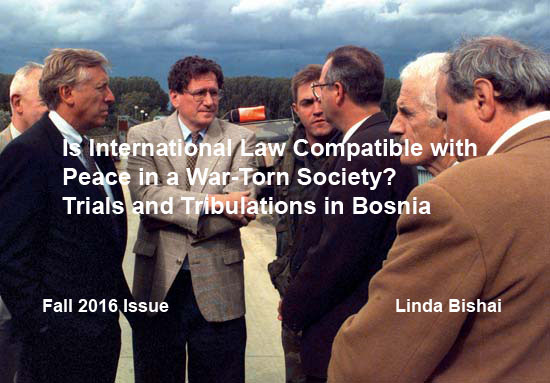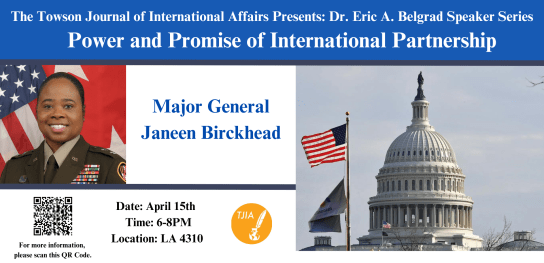Linda S. Bishai
Abstract: The role of law in an international system reflects a type of reciprocal justice in which states consent to fulfill certain obligations in the interest of maintaining a well-regulated and orderly society. International law is created through the will of states to promote structure in the international system. Thus, law and order are mutual outcomes. However, in certain circumstances, as seen in Bosnia-Hercegovina, law is used to create political justice, putting it in conflict with the order provided by the system and society of states. This article examines the contrast between the application of order in an attempt to settle disputes amidst social chaos, and the application of justice in an attempt to locate and punish individual perpetrators of universal crimes. The International Tribunal for the Former Yugoslavia was created in response to demands for justice in the face of horrific crimes in Bosnia. However, the US-sponsored Dayton Peace Agreement represented an exercise in dispute settlement focusing on the establishment of order regardless of the possible criminal histories of the negotiating parties. These two attempts to solve Bosnia’s problems contradicted one another, vividly illustrating the inadequacy that comes from pursuing order and justice in mutual exclusivity.



